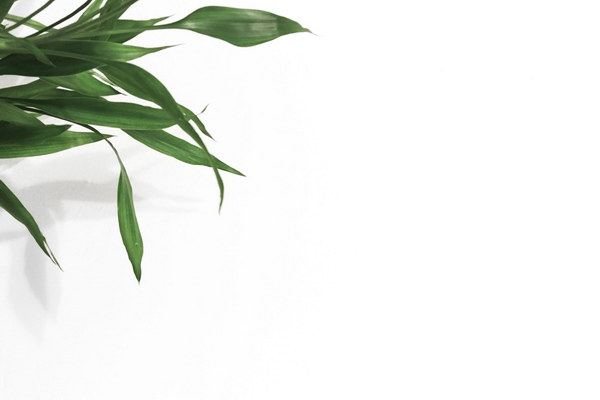The Art of Seasonal SelfCare Nourishing the Bodys Elements Spring for the Liver Summer for the Heart Autumn for the Lungs Winter for the Kidneys
In the intricate tapestry of life, nature's rhythms offer us a profound guide for maintaining our physical and mental well-being. The ancient wisdom of Traditional Chinese Medicine (TCM) teaches us that each season corresponds to a specific organ in the body, with its own unique needs and practices for nurturing health. This principle, known as the Five Elements Theory, suggests that to stay in balance, we should align our lifestyle with the energies of the seasons. Here's how to apply the principle of Spring for the Liver, Summer for the Heart, Autumn for the Lungs, Winter for the Kidneys to our daily lives.
Spring: Nourishing the Liver
Spring, the season of renewal and growth, is the time to focus on the liver. The liver governs the flow of energy (Qi) in the body and is responsible for detoxification. To support the liver, TCM suggests:
- Increase Freshness: Incorporate more fresh vegetables and fruits into your diet to help the liver flush out toxins.
- Stay Active: Engage in gentle physical activities like tai chi or yoga to improve the flow of Qi.
- Manage Stress: Practice stress-reduction techniques such as meditation or deep breathing exercises.
- Emotional Balance: Keep emotions positive and avoid anger, as the liver is prone to stress-related issues.
Summer: Nurturing the Heart
Summer is a time of warmth and activity, and it's when the heart is most active. The heart in TCM governs the blood and is associated with joy and vitality. Here are some ways to care for your heart during the summer:

- Stay Hydrated: Drink plenty of water to keep your blood flowing smoothly.
- Eat Cooling Foods: Include cooling foods in your diet such as watermelon, cucumbers, and mint to counteract the heat.
- Stay Active: Engage in physical activities like swimming or walking to keep the blood circulating.
- Embrace Joy: Spend time doing activities that bring you joy and relaxation.
Autumn: Balancing the Lungs
As the world around us begins to cool and the leaves change color, it's time to focus on the lungs, which are vital for respiration and the immune system. Here's how to nurture your lungs during autumn:
- Warmth and Comfort: Dress warmly as the weather turns cooler and protect your lungs from colds and flu.
- Nutritious Foods: Incorporate foods that are rich in vitamin C and antioxidants to strengthen your immune system, such as apples, pears, and leafy greens.
- Breathing Exercises: Practice deep breathing techniques to strengthen the lungs and improve oxygenation.
- Emotional Expression: Express emotions rather than suppressing them, as holding in emotions can harm the lungs.
Winter: Fortifying the Kidneys
Winter is the season of rest and consolidation, and it's when the kidneys, which govern the bones, sex organs, and the production of body fluids, should be nurtured. Here are some tips for winter kidney care:
- Stay Warm: Protect your kidneys from the cold by wearing warm clothing and avoiding prolonged exposure to cold temperatures.
- Balanced Diet: Consume foods that are grounding and nourishing, such as root vegetables and nuts.
- Adequate Rest: Ensure you get enough sleep, as the kidneys are at their most active during the night.
- Meditation and Mindfulness: Practice meditation to calm the mind and reduce stress, which can affect kidney function.
By aligning our lifestyle with the rhythms of the seasons, we can enhance our well-being and live in harmony with nature. The principle of Spring for the Liver, Summer for the Heart, Autumn for the Lungs, Winter for the Kidneys offers a timeless guide to seasonal self-care that can lead to a healthier, more vibrant life.









